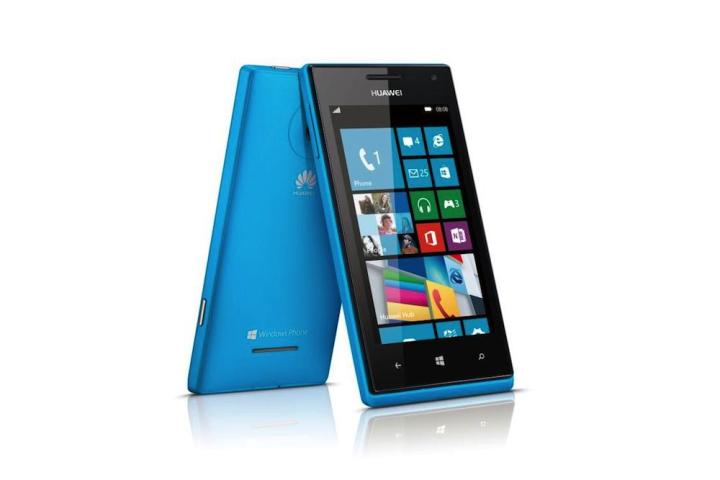
The fallout from Microsoft’s buyout of Nokia has begun, but it’s not the disaster some feared just yet. Huawei, one of the established makers of Windows Phone hardware, has said it’s going to continue producing smartphones which run Microsoft’s operating system regardless of Microsoft’s purchase.
In an interview with the Wall Street Journal, Huawei’s head of mobile in Europe said, “We remain one of Microsoft’s strategic partners,” and promised more products were coming. It’s good news for Microsoft, as it ran the risk of alienating hardware manufacturers, now building and marketing Windows Phone devices can be done in-house.
Microsoft certainly managed to upset a few when it launched the Surface RT, with Acer, Samsung, and Asus among the companies disappointed with not only the tablet’s release, but also by Windows RT. By purchasing the world’s number one Windows Phone manufacturer, there was a good chance lightning would strike twice.
However, while we’re sure Microsoft is pleased Huawei is still onboard, the Chinese company’s Windows Phone output has been modest so far. The Ascend W1 has had a limited release, and both it and the Ascend W2 are mid-range smartphones unlikely to become global superstars. What about Samsung, HTC, and LG? Where do they stand?
HTC is rumored to be producing a Windows Phone handset under the codename Harmony, which according to recent murmurings, may share the HTC One’s specification, but there’s no word on when it may be released, if it’s even real. Samsung’s output has been good, with the Ativ S Neo debuting on Sprint in the last month, but it hasn’t produced an S4-style flagship for Windows Phone just yet. As for LG, it was said to be working on a new Windows Phone in July.
We’ll get a better indication of the situation when Microsoft releases the GDR3 update for Windows Phone. It should see the technical specifications of Windows Phones finally match those of high-end Android phones, perhaps prompting an influx of desirable hardware from all of Microsoft’s partners.



